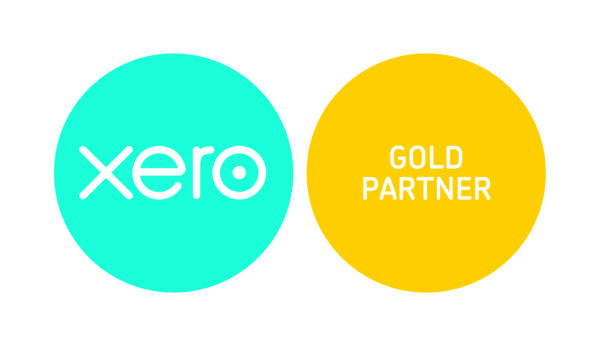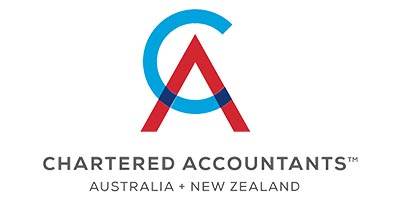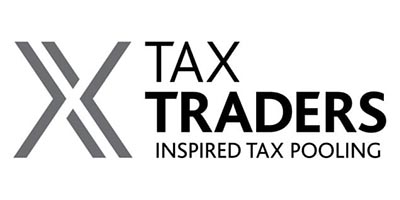Provisional & Income Tax Payments – March Balance Date without EOT
| January 15th: | Provisional tax second instalment |
| February 7th: | Terminal tax payment (if any) |
| May 7th: | Provisional tax third instalment |
| July 7th: | IR3 return due to be filed |
| August 28th: | Provisional tax first instalment |
GST Due Dates
March Balance dates – Two Monthly GST
| January 15th: | GST return and payment for the period ended November |
| February 28th: | GST return and payment for the period ended January |
| May 7th: | GST return and payment for the period ended March |
| June 28th: | GST return and payment for the period ended May |
| July 7th: | IR3 return due to be filed |
| August 28th: | GST return and payment for the period ended July |
| October 28th: | GST return and payment for the period ended September |
March Balance dates – Six Monthly GST
| May 7th: | GST return and payment for the period ended March |
| October 28th: | GST return and payment for the period ended September |
PAYE
PAYE – for employers deducting less than $500,000 in PAYE
| PAYE payment and employer monthly schedule due on the 20th of the following month |
Fringe benefit tax (FBT) – filled quarterly
| January 20th: | FBT quarterly return and payment for period October to December |
| May 31st: | FBT quarterly return and payment for period January to March |
| July 20th: | FBT quarterly return and payment for period April to June |
| October 20th: | FBT quarterly return and payment for period July to September |






